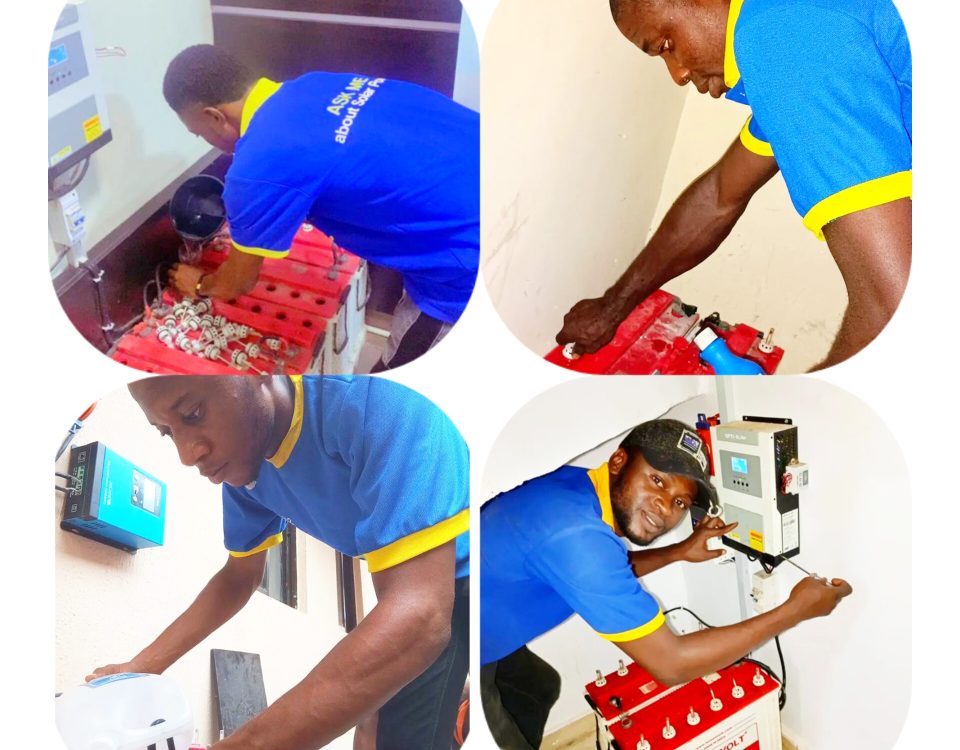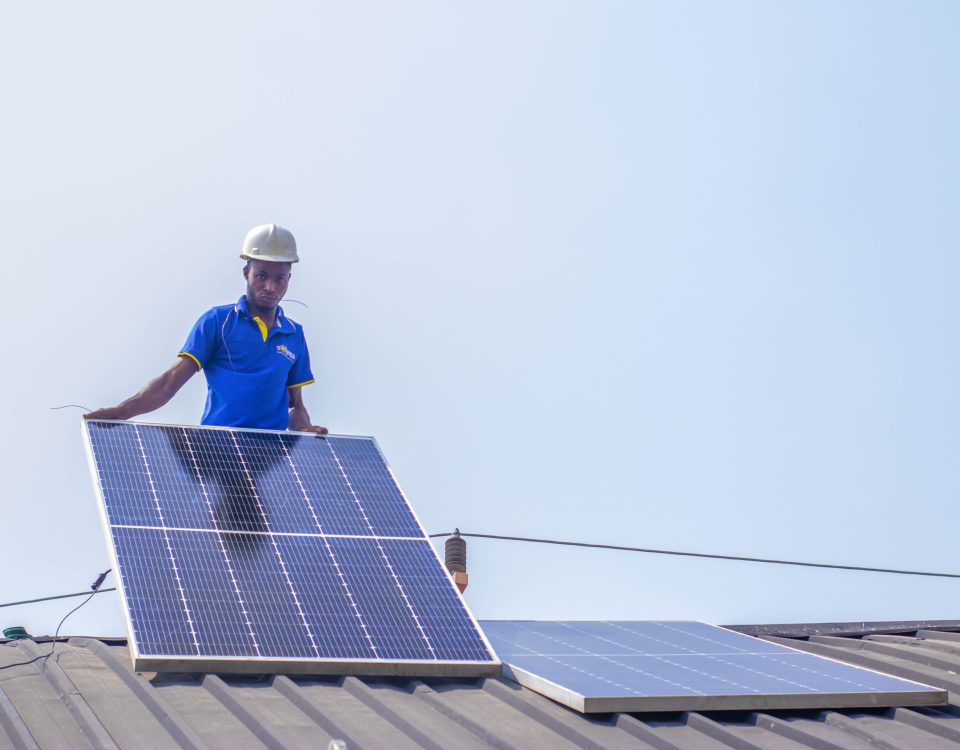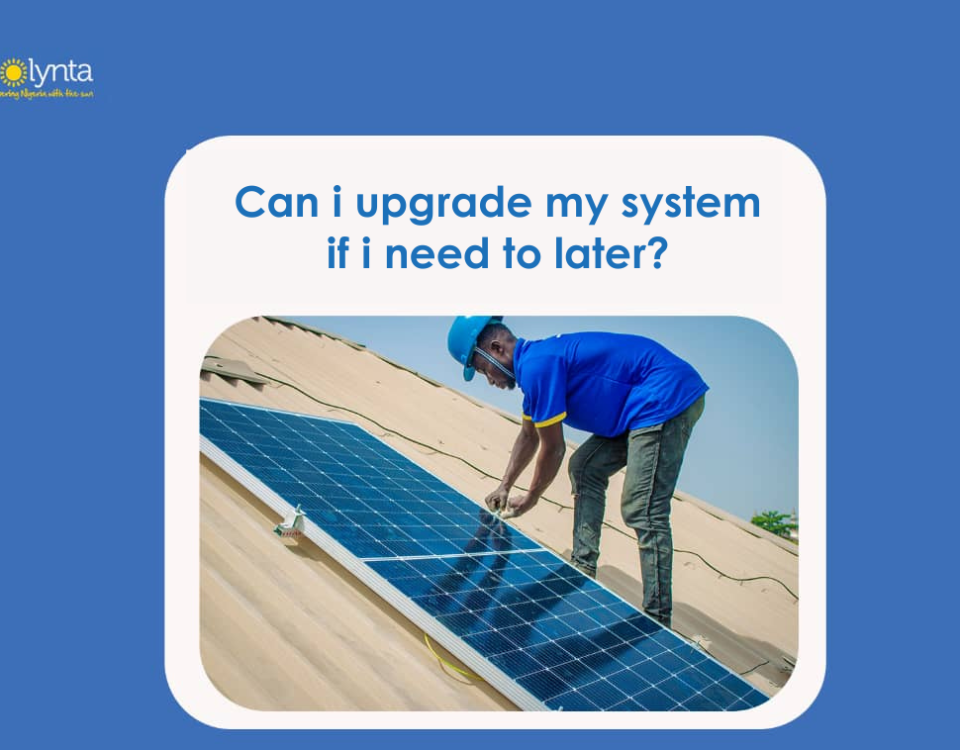Practical Tips for Schooling at Home on Solar

How Does My Roof Affect My Solar Panel?
2020-08-15
Solar Energy as a Household Necessity
2020-08-22Since April, when schools and most businesses in Nigeria closed for the remainder of the school year, parents and students have had some opportunity to think ahead about whatever the 2020-2021 school year might bring. Depending on local circumstances, students may be back at school permanently at school part-time.
Numerous Nigerians have shared their experiences both as educators and parents of students and have learned from one another on what we need to normalize and adopt. Sim Shagaya, Nigerian tech veteran and founder of uLesson says in a discussion with Quartz Africa, ‘What these crises do is accelerate trends. There was already an acceleration towards a combination of technology. And there was already changing calculation in the minds of parents and learners to the value that’s delivered through offline teaching – that calculation I only accelerating now.’
Conversations and worldwide events have proven the necessity for digital learning. While some Nigerians have had a lot of difficulty with digital schooling and work because of inconsistent power supply and power outages, numerous Nigerians are shifting to solar to ease learning and working from home. Here are general tips for every Nigerian parent on the topic of eLearning from home
- Get a reliable and affordable power source
For clear reasons, depending on local power supply is not a such a great option in these times. Imagine taking a time sensitive test and the power goes out! Even with a generator as back up, that is not a nice scenario.
While on solar, you and your children are less likely to meet these hiccups that could be costly.
Osuegbu Gloria, Lagos based business owner and mother of three children who has been overseeing her children’s online classes says, ‘Managing homeschooling three children has been challenging. Thankfully, having solar means power is not one of our concerns. We can run multiple devices across the day at much less cost. We also don’t face interruptions which was not the case when we ran on generator’
In addition, having to spend more time at home will increase your energy consumption. Using solar provides 24 hours electricity at a fixed and affordable rate which is cheaper than running a generator set.
2. Normalize Power Conservation Habits
Whatever the case, you should formulate and normalize power conservation habits within your home to ensure that you have power round the clock.
Now that we are more reliant on devices for work and learning, chances are, there is more power consumption. Ensuring that appliances are switched off when no longer in use and avoid drawing unnecessary power. For instance, open blinds during the day instead of using lightbulbs
3. Be Flexible
Having to be in charge of your child(ren)’s learning and study routine might be rather new to some. While some of us already know the ropes and have particular methods of executing this task, it is best to adopt a method that best suites you and yours.
The key is to create a designated learning space in your home, develop a daily routine and have distractions to the barest minimum during learning and study hours
4. Embrace Change
Home learning is a positive change as it not only develops hard skills in your children but also invaluable soft ones that will be important when they enter the world of work. Students who learn online rate much higher in the areas of self-discipline, self-motivation, organizational and communication skills. The Covid-19 pandemic has shown that it is important for us to gravitate towards newer forms of learning and getting things done as these are here to stay. With the new online mode of learning, we will need to adapt our outlook, our home environment and our habits to ensure that our children fully succeed.




